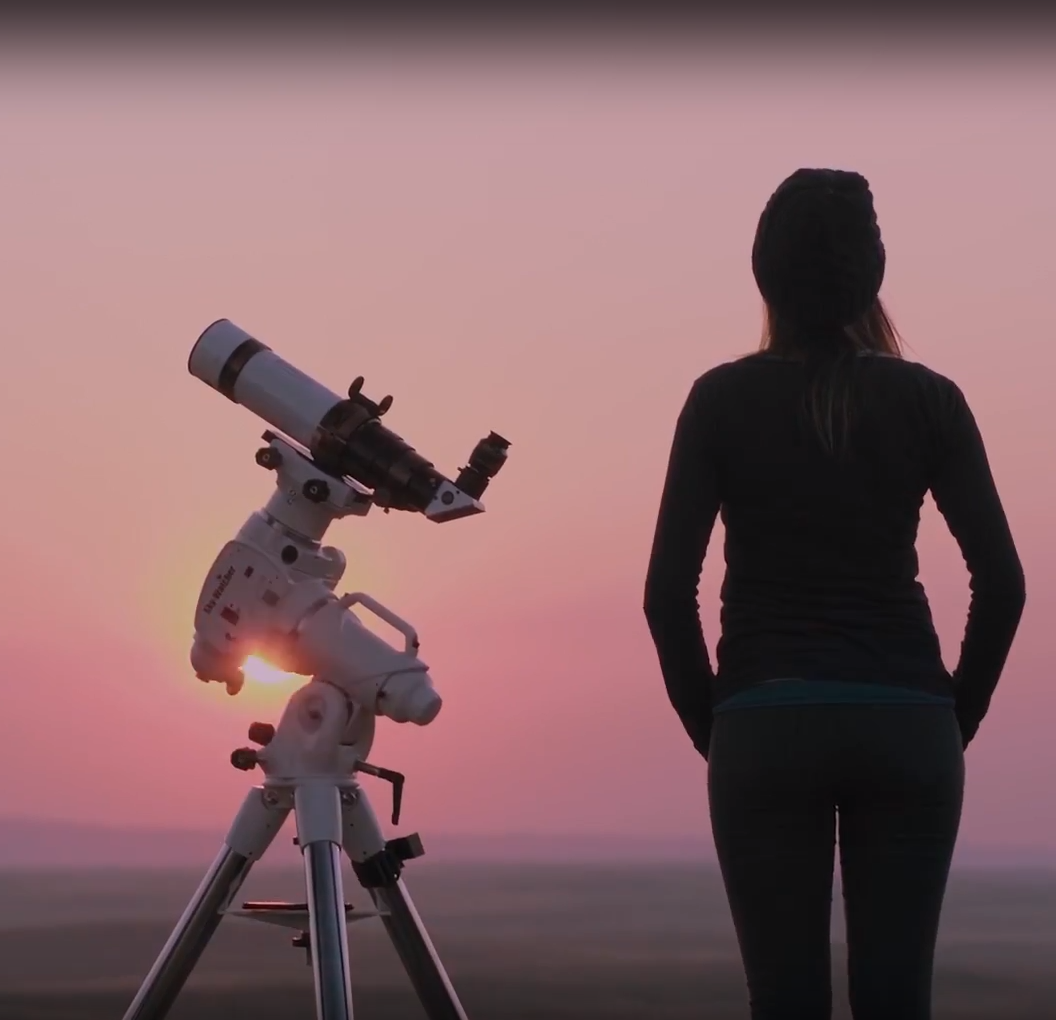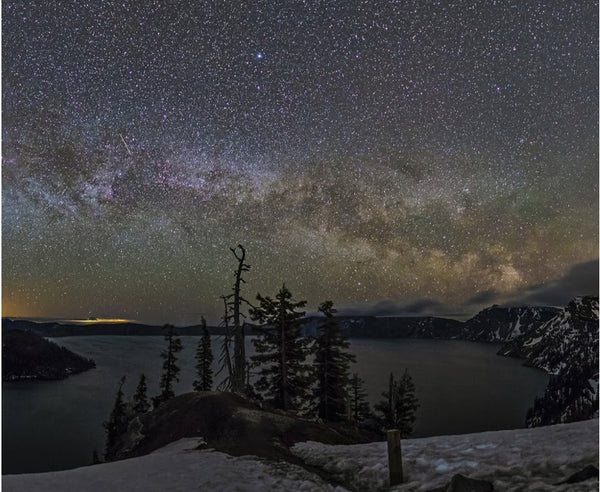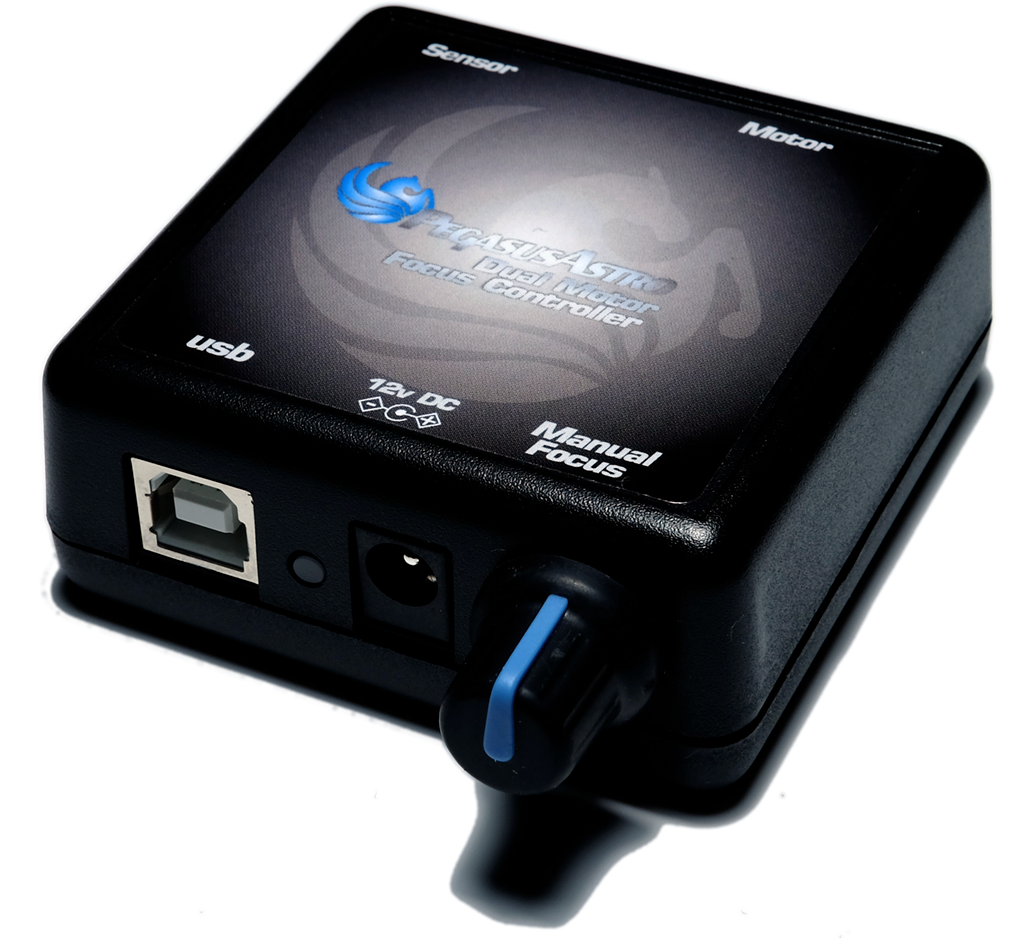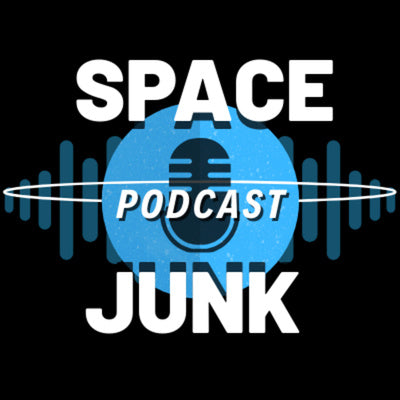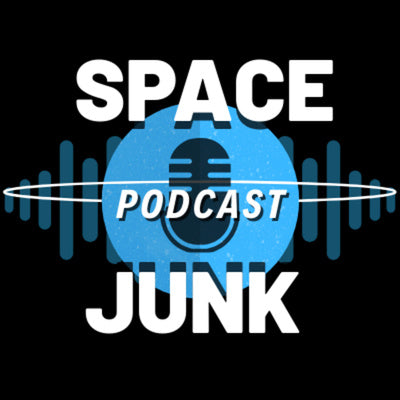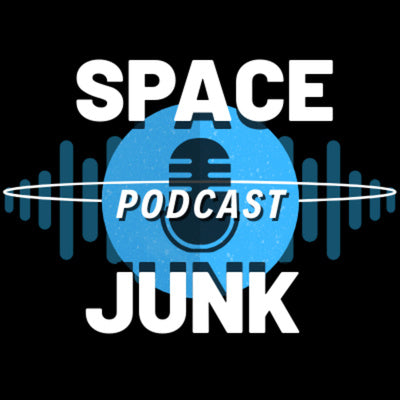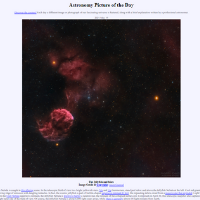The Universe is Trying to Kill You with Phil Plait

Purpose: A riveting, doom-filled discussion with The Bad Astronomer, Phil Plait. Dustin and Tony pick his brain on what’s going to wipe us out.
Phil Plait: Also known as “The Bad Astronomer,” he is a blogger, writer and published author, and tv personality who promotes astronomy on a daily basis. He has also worked with the Hubble Space Telescope and performed outreach for NASA
This Episode You’ll Learn:
- Some of the countless ways the universe can kill us
- How we’ve almost died already
- The consequences of being unprepared
- What humanity is doing to protect itself
- Where humanity’s future lies
Notable Quotes:
“You don’t need a giant impact to have a giant problem.” - Phil Plait
"Had the Sun aimed at us, it would have been an epic disaster.” - Phil Plait
“Getting the facts out there is not enough.” - Dustin Gibson
Main Topics:
6:02 -The Bad Stuff
The majority of space can kill us--and will kill us if we come in contact with it, but things like black holes and rogue stars aren’t necessarily something to worry about. While cosmophobia is a thing and needs to be kept in check, a couple of things thatshould warrant some concern are asteroid impacts and solar storms. These are two astronomical events that could actually occur within a couple hundred years or so, or less depending on the chaos of the universe. Even an asteroid less than 30 meters across could cause a catastrophe in current society.
11:16 -How Can We Survive?
While we have collections of arrays constantly scanning the skies, there is no currently plausible way for us to catch everything that could harm us in our sensors. Certainly, we know of the planet-killer asteroids that would wipe us out unquestionably, but we often don’t see the smaller objects until they’re right on top of us--or, scarily enough, once they’ve already passed. The global initiatives set in place already and those being developed are a start, but we have a long way to go; Bruce Willis won’t always be there to help us. He definitely couldn’t do much in terms of the geopolitical implications of an impact or the struggle of enabling global cooperation between nations. Dustin and Tony talk extensively with Phil Plait in this section on what has been done, what can be done, and what should be done to preserve humanity.

26:09 - Save Us, Gaia!
Programs such as Gaia and WFIRST have the potential to help out in finding asteroids coming at us, but they are not specifically designed to deal with this. On top of this, while their areas of observation are quite large in relation to today’s standards, in terms of scanning the vast horizons for asteroids they cover a very small area. Still, they could be employed to at least assist in these endeavors. What would be ideal, though, is a system designed to cover a huge expanse of the sky--and even better if we can get it launched into orbit.
32:48 -Brief Rant on the Mayan Calendar
35:14 -Burning Up in the Solar Storm
While sunspots may look cool while imaging the Sun, there’s a lot more that could happen with them that isn’t good for us. These sunspots are essentially parcels of gas that are cooler than the rest of the sun’s surface and are enveloped in a sort of magnetic bubble. If these bubbles build up too much and eventually snap, this could give rise to a solar flare or coronal mass ejection. You don’t want to be in the way of either event, but it’s like a tornado vs. a hurricane. These have a high possibility of wiping out our satellites and causing heavy instabilities in, or complete eradication of, our power grids. This almost happened on an epic, catastrophic scale in 2012, and was completely unrelated to the Mayans.
48:40 -Click-Bait vs. Preparation Information
At the very least we have to get the facts out there but with all the noise in the media, we need to keep pushing forward and spreading information as best we can. There will always be outlets that don’t care what kind of misinformation they’re spreading as long as it gets people’s attention, and that’s the competition. This is also related to mainstream television shows and movies that display cosmic and scientific realities in a skewed or completely false manner. Science communicators such as Phil, as he has acknowledged and acted upon, cannot simply criticize bad movie science, but instead can act as consultants to make the medium better.
55:50 -The Colonization Problem
Tony and Phil debate the realities, the ethics, and the physiological challenges that come with living on other planets. Can humans, in our current biological state, really colonize the solar system? There are, of course, a vast amount of massive hurdles to overcome when it comes to colonizing other planets; additionally, the problem of preserving our bodies in a zero-gravity environment for extended periods rears its head. And this isn’t even addressing the issue of colonization itself in terms of its specific Westernized history. Things get spicy in this segment!

62:27 -Bezos, Billionaires, and What’s Best for Us
The debate moves into the burgeoning rocket industry led by the billionaires we all know. Who has the best vision and game-plan for progressing humanity? Does it make any sense to bet on one or another, or do all of them need equal support? We live in The Golden Age of Astronomy and Space Flight, and we’ve got a lot more excitement ahead of us.
67:03 -Final Thoughts and Wrap-up
Are you worried about the cosmic dangers lurking above? What do you think we should do to protect humanity? Let us know in the comments below!
Next Podcast - Astrophysics: The Worst Job in the Universe? w/ Paul Sutter
The famous Paul Sutter joins in to talk about the struggles of modern astronomy as well as the many outreach efforts he takes part in around the world. Find out what it's like to be a professional astronomerthese days.
Previous Podcast - Beer ‘n’ Rockets w/ Hans Fredrick Haas:
Hans Fredrick Haas, a science-themed brewery owner with a big ‘ole beard joins the podcast to talk beer, brewing, and the many developments heating up in the space industry. Hans is one to pay attention to in this rousing good time.


